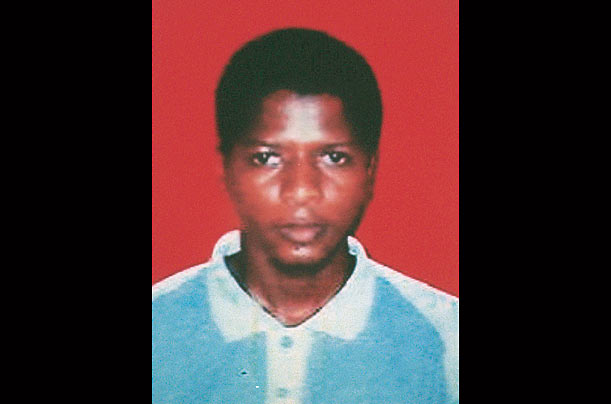
Ahmed Khalfan Ghailani may not realize that he is a guinea pig. Certainly he's used to being in small enclosed spaces: arrested in Pakistan in 2004, Ghailani spent two years in secret CIA prisons before being transferred to Cuba's Guantánamo Bay in 2006. But what makes Ghailani, 35, an object of such scientific scrutiny is that he is the first alleged terrorist to be transferred from Gitmo to stand trial in U.S. courts. On June 9, he appeared in New York City to face charges stemming from the 1998 bombing of the U.S. embassies in Kenya and Tanzania.
The Justice Department has chosen to try him to prove to a nervous nation that the people behind the deadly attacks on Americans overseas can be safely judged and even incarcerated in the U.S. Many Democrats reflexively oppose jailing alleged terrorists on American soil, though Washington has done so before. Sheik Omar Abdel Rahman is serving a life sentence in North Carolina in connection with the 1993 World Trade Center bombing. The stakes are high enough in this case that one hopes the evidence against Ghailani is solid. The U.S. charges that the Tanzanian acquired the makings of a bomb, surveyed the U.S. embassy in Dar es Salaam and accompanied an Egyptian suicide bomber before the attack. The blast killed 224 people, including 12 Americans. Ghailani pleaded not guilty to all 286 counts.
President Obama, who is trying to close Gitmo, has said different fates await the more than 200 prisoners still held there. Some can be sent back to their homelands, some will be tried in reformed military commissions, and some will be transferred to third countries. The Pacific archipelago of Palau may take 17 Chinese Muslims who've been at Gitmo for years. Others, Obama has hinted, will never face trial because there isn't a court in the land that would allow evidence obtained through torture.
If Obama aims to close Gitmo within a year, more prisoners may be arriving Stateside to face trial. Ghailani, who could face execution if found guilty, has the distinction of going first.